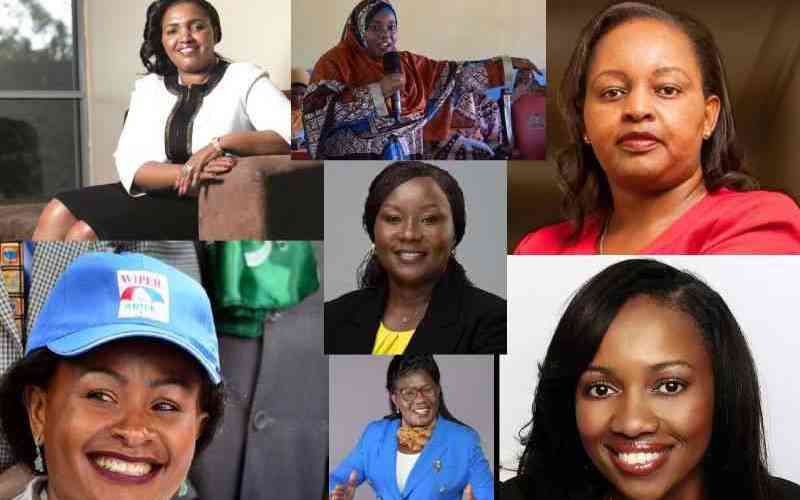×
The Standard e-Paper
Home To Bold Columnists

Kenya made significant progress in having more women in elective and appointive positions but still fell short of meeting the two-thirds gender rule. President William Ruto has indicated that solving the two-thirds gender rule in representative offices is top on his agenda.
Voters elected 30 female MPs up from 23 in 2017, seven female governors, up from three in 2017 and three female senators just like in 2017.